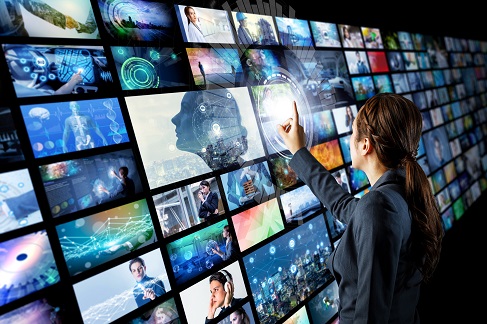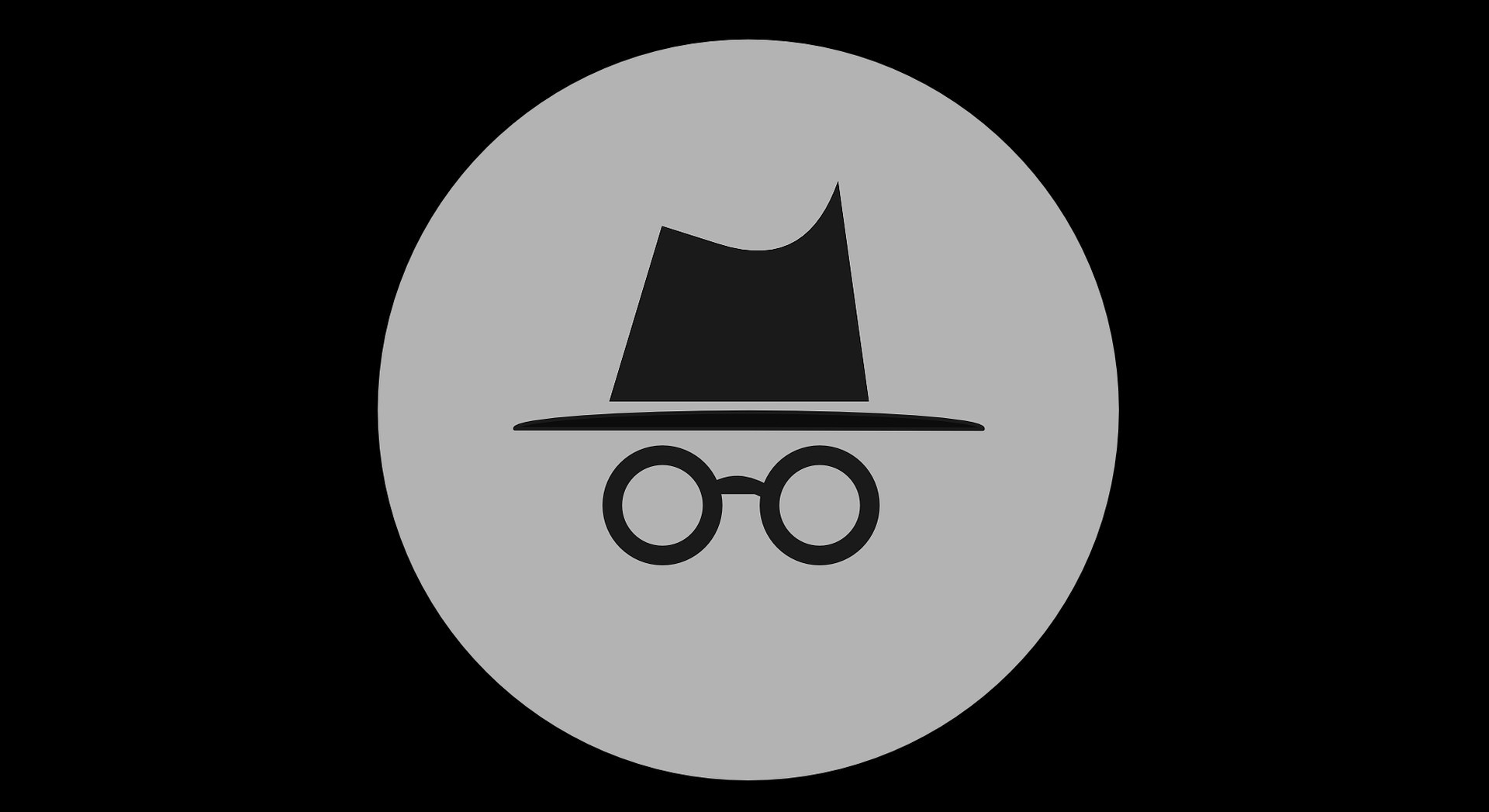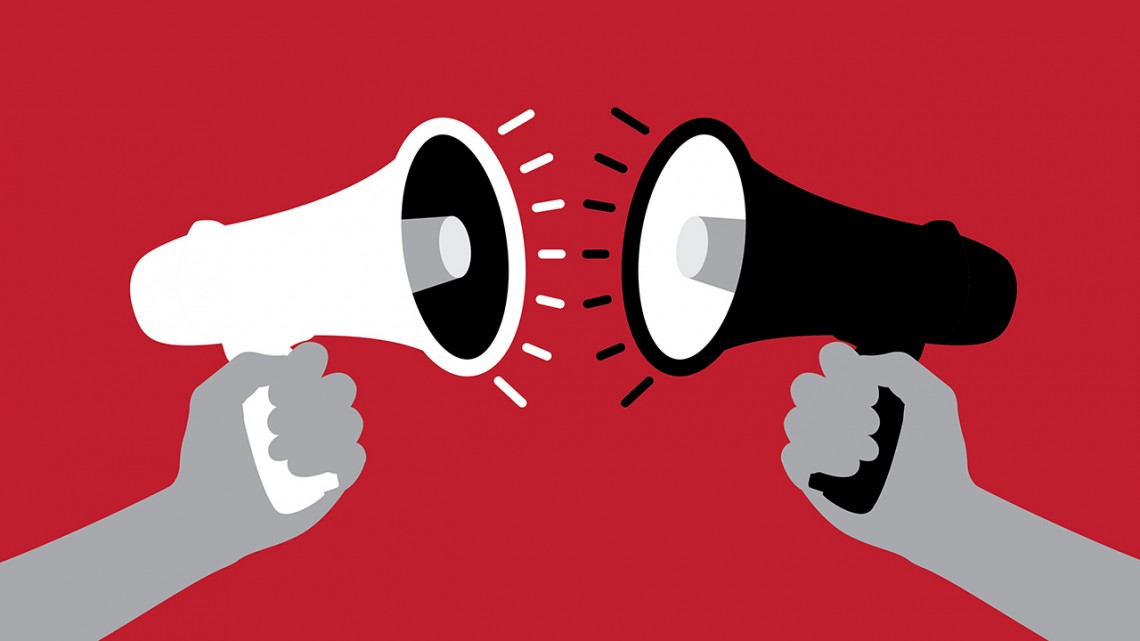The first term that I am going to discuss is the term False Flag. A false flag is a covert operation designed to deceive the public about a specific party, group, or nation for being responsible for an activity that they have or have not done. As an example, this means that the United States of America could create a false flag operation for a country/group of people they want to go to war against. The United States accuses them of harming American citizens as an act of war and declares it, making the other country look like the bad guys. Therefore, they make it seems like war is justified. Their reasoning could be that they want to do this in order to gain military power. In actuality, the other country/group did not do anything to these people, but the United States government is now authorized to act with motions of war with full political support, governmental support, and militaristic support. This is devastating because it creates scenarios that are only beneficial for powers (in the example's case the military) that benefit from the conflict, and without the false flag the situation would not have happened and or been looked at another way.
The second term that I would like to write about are Whistleblowers. A whistleblower is a person who exposes secretive information or activity that is illegal, unethical, or not correct from the inside of a private or public organization. The information that these whistleblowers can bring out are unknown to the general public and can bring light to illegal things that organizations are doing. An example could be that if a secret organization is stealing information from people secretly with malicious intent, a whistleblower from that organization can come out and exposes the organization in order to stop them from doing so. An exmple of a whistleblower being bad for society is if an organization is trying to stop an imminent threat that is unknown to the public, like a known attack. All of a sudden, a whistleblower from the organization trying to stop the attack comes out to the public about the attack, which then puts the operation at risk because of things like civilian panic, the attackers know that they know, and all types of non-beneficial scenarios.
The third concept that I am going to discuss is called Gatekeeping. Gatekeeping is the activity of controlling and limiting general access to something. An example of gatekeeping and a gatekeeper could be a secretary who controls who gets an appointment with the president of that company. This also could be carried out by a group of people or an organization. Another example of gatekeeping is how the 1% has an impact on all economic classes in the United States of America. By holding an overwhelming majority of the money, they in turn gatekeep the rest of the population below that class of the 1% to have a harder time to reach the other classes. This means that more poor classes have a harder time reaching the middle classes and the middle classes have a harder time reaching the more wealthier classes, and so on. If the the 1% would give more money out into the economy, then that would in turn release the gatekeeping on these other economic classes from becoming wealthier.
The fourth term that I am going to discuss is Net Neutrality. Net neutrality is the principle that Internet service providers should enable access to all content and applications regardless of the source, and without favoring or blocking particular products or websites. An example of this could be that an internet service provider could block Facebook and Netflix, then require the customer to pay for the internet they provide as well as make the customer pay more money in order to use those websites. This directly effects people with less money because they simply have to keep paying add on prices for websites and services in addition to the regular cost of access to the internet. Therefore, this denies people's freedom of the internet and these services that are included with the singular price of access to the internet when net neutrality is enabled. Net neutrality is new in terms with the internet, but it is important to keep and abide by in order to keep the market of the internet stable.
 https://en.wikipedia.org/wiki/Whistleblower
https://en.wikipedia.org/wiki/False_flag
https://en.wikipedia.org/wiki/Gatekeeping_(communication)
https://en.wikipedia.org/wiki/Net_neutrality
https://en.wikipedia.org/wiki/Whistleblower
https://en.wikipedia.org/wiki/False_flag
https://en.wikipedia.org/wiki/Gatekeeping_(communication)
https://en.wikipedia.org/wiki/Net_neutrality








